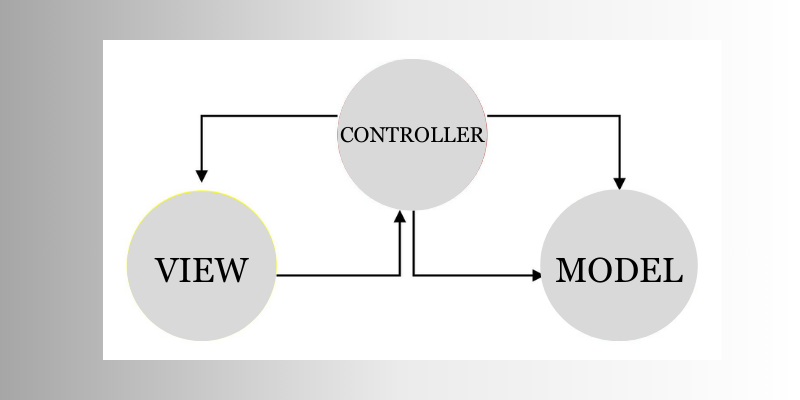Testing strategies play a crucial role in ensuring the reliability, functionality, and performance of applications developed using the Model-View-Controller (MVC) architecture. MVC, with its clear separation of concerns, allows for effective testing across different layers of the application. MVC Classes in Chennai at FITA Academy equip developers with the skills to efficiently build dynamic and responsive applications.
Unit Testing in MVC
Unit testing focuses on testing individual components or units of code in isolation. In MVC, this involves testing the models, views, and controllers separately to ensure they function correctly. For models, unit tests validate data validation, business logic, and database interactions. Views are tested for rendering correctness and UI behavior, while controllers are tested for request handling and business logic execution.
Integration Testing in MVC
Integration testing involves testing interactions between different components or modules of the application. In MVC, integration tests verify how models, views, and controllers interact with each other and external dependencies. For example, integration tests ensure that controllers correctly interact with models and views, and that views render the expected content based on model data. These tests validate the overall functionality and integration of MVC components.
End-to-End Testing
End-to-end testing focuses on testing the entire application flow from start to finish. In MVC, this involves simulating user interactions with the application and validating the behavior of the complete system. End-to-end tests cover scenarios such as user authentication, navigation between views, form submissions, and data persistence. These tests ensure that the application functions as expected from the user’s perspective, including handling user inputs and producing the desired outputs. Explore the advantages of enrolling in MVC training in Chennai to enhance your skills and embark on a rewarding journey in the ever-evolving field of web development.
Strategies in MVC
- Early Bug Detection: Unit testing helps detect bugs in individual components early in the development cycle, preventing issues from propagating to other parts of the application.
- Improved Code Quality: Testing strategies encourage writing modular, maintainable, and testable code, leading to higher code quality and easier maintenance.
- Regression Testing: Unit and integration tests serve as regression tests, ensuring that code changes do not introduce new bugs or regressions.
- Enhanced Reliability: End-to-end tests verify the application’s reliability by testing critical user workflows and scenarios.
Testing
- Use Mocking: Utilize mocking frameworks to mock dependencies and isolate units for unit testing.
- Automate Testing: Automate unit, integration, and end-to-end tests using testing frameworks and tools for efficient and consistent testing.
- Prioritize Test Coverage: Focus testing efforts on critical and frequently used functionalities to ensure adequate test coverage.
- Continuous Integration: Integrate testing into the development pipeline with continuous integration (CI) practices for regular and automated testing. Take your skills to new heights by joining the Software Training Institute in Chennai. Enhance your capabilities for a successful career in the dynamic realm of web development.
Testing strategies such as unit testing, and end-to-end testing are essential components of the MVC development process. They contribute to building robust, reliable, and high-quality applications while ensuring adherence to best practices and standards in software testing.

